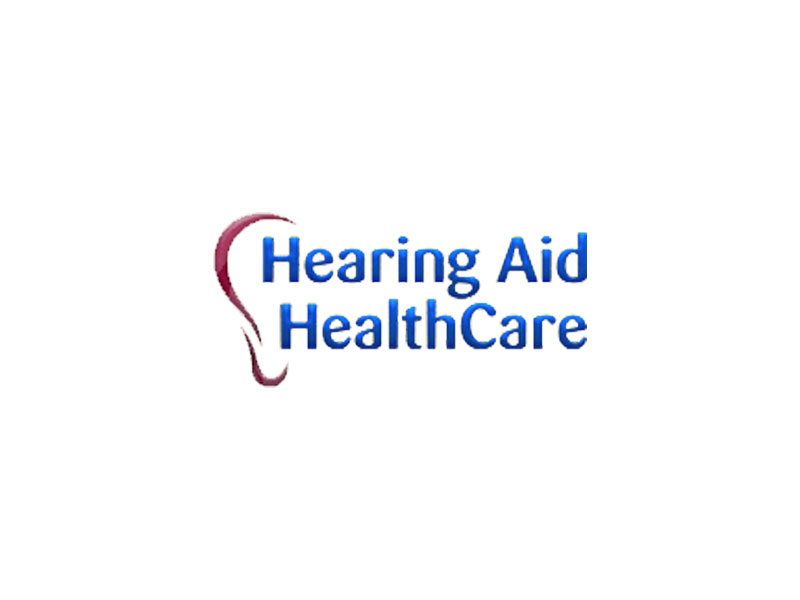Whether you are young or old, you may experience hearing loss. In fact, nearly 12 percent of kids age 6 through 19 have noise induced hearing loss according to the American Academy of Audiology. Of all birth defects, hearing loss presents itself more often than any other congenital defect in the United States. In fact, the American Speech and Language Association reports that approximately 12,000 babies are born each year with hearing loss.
Not all hearing loss is permanent. – There are types of hearing loss that are preventable, including noise related damage to the hearing. It’s important to learn how to use protective gear such as earplugs and earmuffs to prevent loud noises from causing damage. And, be sure to keep the volume down on electronic devices.
Hearing loss could delay language development. – Children learn more about language from birth to 3 years of age than they do at any other time in life because during that time the brain is more receptive to learning language. Listening is the first experience required for normal speech development in young children. In order for children to learn proper reading skills, they must first develop good language skills.
Early intervention can improve language skills in children with hearing loss. – Early identification and assessment of hearing losses is vital. Studies have shown that infants whose hearing loss is detected after 6 months of age did comparably worse on language skill development compared to infants where the loss was detected and treated before 6 months.
Some hearing loss in kids can be reversible.
– Hearing loss could be a temporary problem in some children resulting from issues such as ear wax occluding the middle ear, or ear infections. Medical treatment or minor surgery could be the solution to some hearing loss issues, but early intervention is vital. Ear infections left untreated could cause permanent hearing loss, so be sure to seek medical attention right away when there is a possibility of ear infections.
Parents are often times the first to identify early signs of hearing loss in young children.
– Many times parents are the first to recognize signs of hearing loss in infants and small children. Response to your voice, noticing noises that toys make (such as rattles), and making babbling sounds are all signs to observe for to ensure infants have normal hearing. At 9 months your baby should respond to the sound of his/her name, repeat back some noises he/she hears and follow simple commands. Be sure to ask your hearing specialist or hearing instrument specialist for a more conclusive list of signs and symptoms to watch for, as well as his/her recommendation on when your child should have a professional hearing screening.
